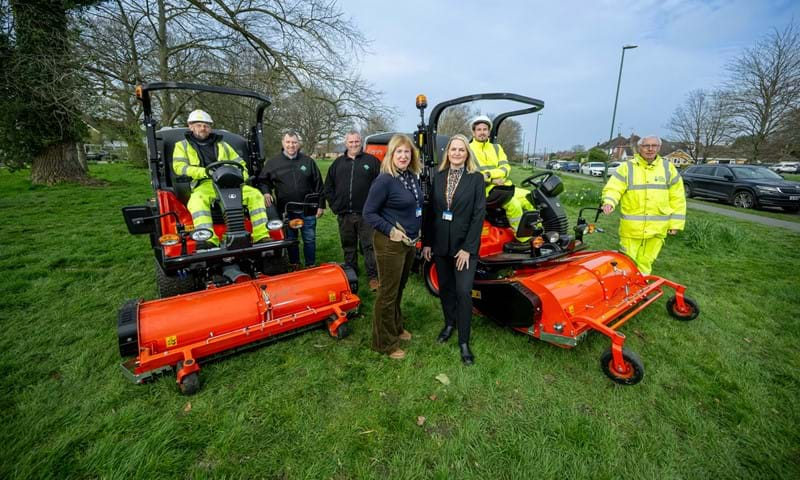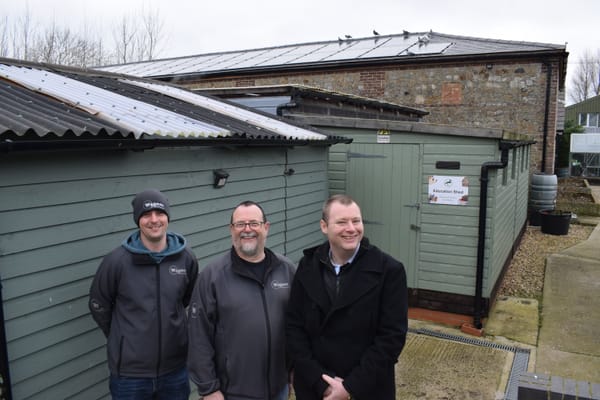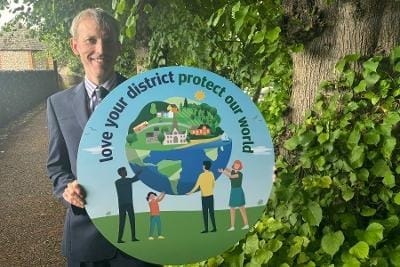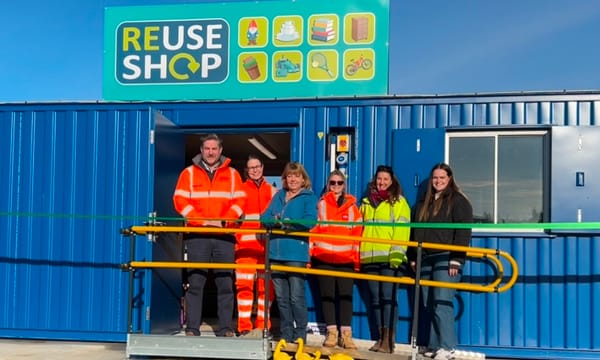Innovative new ways to use grass cuttings explored in West Sussex County Council project

Grass cuttings from West Sussex highways are set to be collected and used in innovative ways, such as in the production of road surfacing materials.
The Greenprint project by West Sussex County Council is part of a wider Government-funded project testing new solutions to decarbonise construction and maintenance across the whole life cycle of the local highway network.
The council will measure the yield of cuttings and then work with the University of Nottingham, Invica Industries and Ricardo to explore ways in which the cuttings can be used in the production of biochar. Biochar is produced from a heating process and is a carbon-rich, charcoal-like material, which could be used in the production of road surfacing materials.
The project is part of ‘ADEPT Live Labs 2: Decarbonising Local Roads in the UK’, which is a three-year, UK-wide, £30million programme funded by the Department for Transport (DfT). West Sussex County Council worked in partnership with South Gloucestershire Council and, jointly, they secured a total of £3.7million to run the pioneering Greenprint project.
West Sussex highway teams will now trial the new ‘cut and collect’ verge maintenance routines in Horsham, Aldwick, Bersted and Pagham.
The council currently cuts these verges five times a year but leaves the cuttings on the ground. This allows the nutrients to go back into the soil, encouraging grass growth. By removing the cuttings this season, the council expects to reduce the soil’s fertility, slowing grass growth and enabling a wider variety of plant life and pollinators to thrive.
Slowing the grass’s growth also reduces the need for future cuts, and increases the variety of plants growing in grass verges, which should increase the capture and storage of carbon in the soil below, adding to climate benefits.
International conservation charity ‘Plantlife’ has been carrying out baseline surveys at six verges in Horsham and six rural verges around the county, to allow an accurate measurement of the effects of collecting cuttings on the soil and wildflower diversity at these selected sites.
Mark Schofield, road verges advisor with Plantlife, said: “We are huge advocates for the kind of joined-up thinking behind this project. Removal of cuttings reduces the soil’s fertility, which slows grass growth and enables a wider variety of plants and pollinators to thrive. It also means that the grass’s growth height is reduced, leading to a safer roadside that can be cheaper to maintain. Successes here could be multiplied up across Britain’s 260,000 hectares of verge along 400,000km of road network, with the potential to transform our roadsides into vital wildlife corridors.”
Joy Dennis, the county council’s cabinet member for Highways and Transport, said: “It’s great to see our Greenprint project get underway this growing season. I’m keen to see the results of these trials, which are another good example of how we are constantly looking at ways to decarbonise our operations in our quest to become carbon neutral by 2030 – one of our key priorities.
“These may seem relatively small-scale, experimental steps, but they could be vital in informing the way forward for this innovative project.”
To find out more, visit: www.westsussex.gov.uk/greenprint



